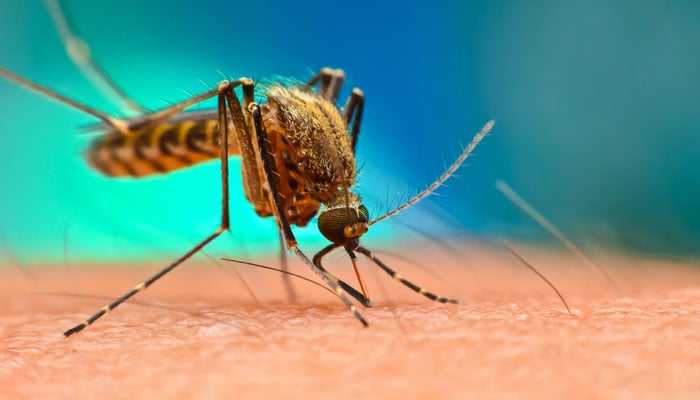
Every year around 600,000 people all over the world die from mosquito-borne malaria, among which majority are children under 5.
Now, a disturbing news has emerged that the parasite responsible for the Malaria appears to be developing resistance to artemisinin, the primary drug used to treat the disease and save these young lives.
The study co-author Dr. Chandy John, who directs Indiana University's Ryan White Center for Infectious Diseases and Global Health, said, “This is the first study from Africa showing that children with malaria and clear signs of severe disease are experiencing at least partial resistance to artemisinin.”
“It’s also the first study showing a high rate of African children with severe malaria experiencing a subsequent malaria episode with the same strain within 28 days of standard treatment with artesunate, a derivative of artemisinin, and an artemisinin combination therapy [ACT]," he added.
According to the researchers, who presented their findings on Thursday at the annual meeting of the American Society of Tropical Medicine and Hygiene in New Orleans, the advent of artemisinin therapies two decades ago revolutionized malaria care.
The study revealed that partial resistance to artemisinin was found in 11 of 100 Ugandan children treated.
“We were further surprised that, after we turned our focus to resistance, we also ended up finding patients who had recurrence after we thought they had been cured,” John noted.
The study also suggested that the malaria parasite may be developing resistance to lumefantrine, a secondary drug often used in combination with artemisinin.















